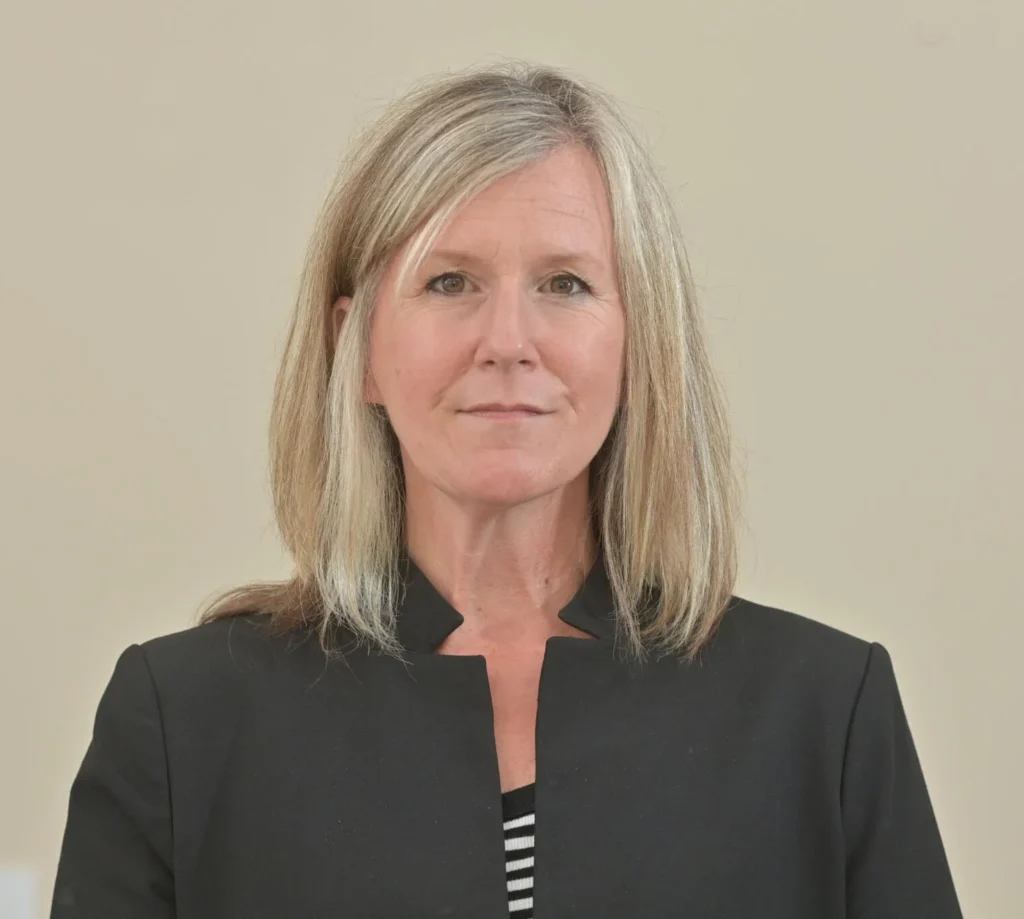Good morning.

Ash Wednesday in Whitewater will be windy with a high of 58. Sunrise is 6:47 and sunset is 5:30 for 10 hours 43 minutes of daytime. The moon is a waxing crescent with 1.3 percent of its visible disk illuminated.
On this day in 1930, Elm Farm Ollie becomes the first cow to fly in a fixed-wing aircraft and also the first cow to be milked in an aircraft.
A SLAPP lawsuit is a strategic lawsuit against public participation. These lawsuits are designed to limit free and open discussion of public policies. They’re not good faith grievances — they’re bad-faith efforts to undermine rights of expression under the First Amendment. The Electronic Frontier Foundation (of which this libertarian blogger is a member) has opposed SLAPP lawsuits for years. See Joe Mullin, State by State, We’re Making Progress Against Anti-Speech Lawsuits, Electronic Frontier Foundation, July 11, 2022.
About two-thirds of states have anti-SLAPP legislation. Wisconsin may, at last, join their ranks.
Baylor Spears reports on anti-SLAPP legislation’s passage by voice vote in the Wisconsin Assembly:
AB 701, to protect people from Strategic Lawsuits Against Public Participation (SLAPP), passed on a voice vote. It now goes to the Senate for consideration.
Rep. Jim Piwowarczyk (R-Hubertus), who is the co-founder of the right-wing publication Wisconsin Right Now, said the bill would strengthen protections for free speech and civic participation and ensure that citizens aren’t silenced through “abusive litigation.”
“The bill creates a clear, efficient process for courts to quickly dismiss lawsuits that target protected speech or participation in government proceedings. It requires a prompt hearing and stays constant discovery while the motion is pending. It also allows prevailing parties to recover attorney fees,” Piwowarczyk said. “These protections help prevent the chilling effect prolonged and expensive litigation can have on free expression.”
The bill is based on model legislation developed by the nonprofit Uniform Law Commission.
“It’s a legal tactic … designed to punish someone through stressful, time consuming and expensive litigation,” Rep. Andrew Hysell (D-Sun Prairie) said about SLAPP legislation on the floor, adding that these types of lawsuits target people “simply because they choose to exercise their First Amendment rights to speak.”
See Baylor Spears, Wisconsin Assembly passes anti-SLAPP legislation, Wisconsin Examiner, February 18, 2026.
The Legislative Reference Bureau has produced a summary of the bill:
Analysis by the Legislative Reference Bureau
This bill adopts the Uniform Public Expression Protection Act (UPEPA) approved by the Uniform Law Commission in 2020.
The bill allows a person served with a complaint in a civil action to file an expedited special motion to dismiss any cause of action asserted against the person based on the person’s 1) communication in a governmental proceeding; 2) communication on an issue under consideration or review in a governmental proceeding; or 3) exercise of the constitutional right of freedom of speech or of the press, the right to assemble or petition, or the right of association, on a matter of public concern. In general, the court must hold a hearing on a special motion to dismiss within 60 days of its filing and must stay the court proceedings, including discovery, until the court rules on the special motion and the time to appeal this ruling has expired. The court must rule on the special motion not later than 60 days after the hearing, and the appeal period is 14 days from the ruling. In ruling on the motion, the court must consider the pleadings, the motion, any reply or response to the motion, and any evidence that could be considered in a summary judgment proceeding. The court must dismiss with prejudice a cause of action if all of the following apply:
1. The moving party establishes that the cause of action is as described in items 1 to 3 above.
2. The responding party fails to establish the applicability of certain excluded situations, such as the cause of action being brought against a governmental unit or employee acting in an official capacity or against a person whose communication relates to the sale of goods or services.
3. The responding party fails to establish a prima facie case as to each element of the cause of action or the moving party establishes either that the responding party failed to state a cause of action or that there is no genuine issue as to any material fact and the moving party is entitled to judgment as a matter of law.
A moving party has a right to appeal an order denying a special motion to dismiss. A court must award court costs, reasonable attorney fees, and reasonable litigation expenses related to the special motion as follows: 1) to the moving party if the moving party prevails on the motion, or 2) to the responding party if the responding party prevails on the motion and the motion was frivolous or filed solely with intent to delay the proceeding.
See also 2025 Wis. Assemb. B. 701, 107th Leg., Reg. Sess. (Wis. 2025), https://docs.legis.wisconsin.gov/document/proposaltext/2025/REG/AB701.pdf
Solar eclipse seen from space by European satellite:



